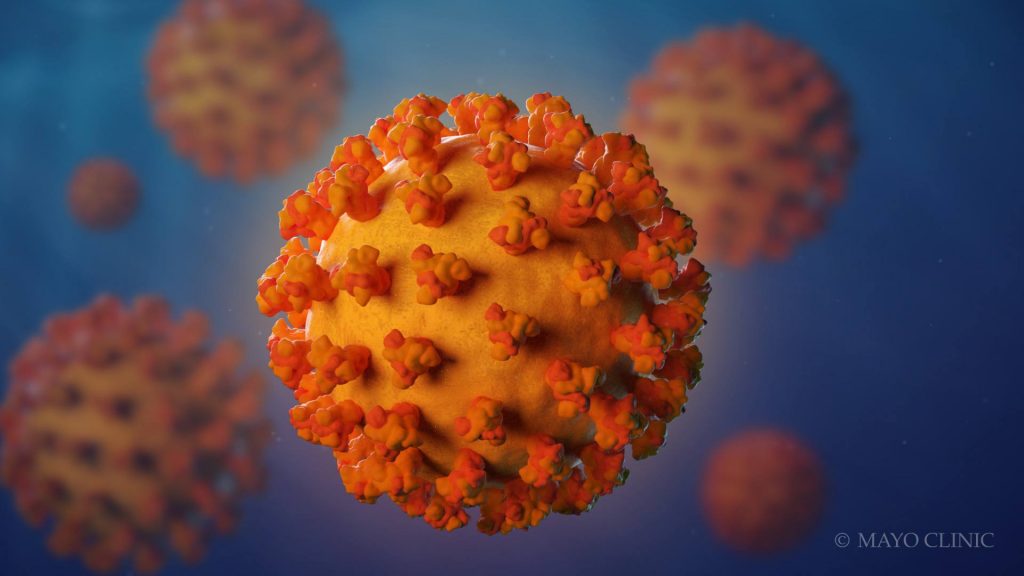-
Managing levels of specific protein, mineral early in COVID-19 may prevent severe illness

PHOENIX ― Managing levels of calcium in the blood and the protein albumin early on in COVID-19 may prevent patients from progressing to severe illness and death, a study by Mayo Clinic researchers published in the journal Gastroenterology found. The findings are based on the remarkably similar clinical features and autopsy results of patients who died of COVID-19 and patients whose organ failure resulted from the release of unsaturated fatty acid caused by other illnesses, says lead researcher Vijay Singh, MBBS, a gastroenterologist at Mayo Clinic in Arizona.
The receptor for the COVID-19 virus has been reported on fat cells and pancreatic cells that release enzymes breaking down fat, Dr. Singh says.
"When this happens, serum calcium and albumin are consumed by unsaturated fatty acids generated from the fat breakdown process and the remaining unsaturated fatty acids then injure vital organs, which can eventually lead to death," he says.
Supplementing serum calcium and albumin to maintain normal levels, starting early and continuing throughout a COVID-19 infection may help bind and neutralize unsaturated fatty acids and prevent organ failure while giving the patient time to fight and clear the infection, Dr. Singh says.
"This may help to prevent severe cases of COVID-19, and the need for patient treatment in intensive care units," he says. "Supplementation to achieve and maintain normal serum calcium and albumin levels is safe and can easily be tested in clinical trials."
"Calcium carbonate, which can help maintain normal levels of serum calcium, is readily available over the counter, while albumin is commonly used intravenously in hospitals and costs about the same as common antibiotics," Dr. Singh says.
Countries with a higher per-capita consumption of unsaturated fat also reported higher rates of mortality during the two weeks of the steepest increase in COVID-19 mortality from March 25 to April 8, food and agricultural organization data show, Dr. Singh notes.
"Among 11 other factors including wealth, access to health care resources and demographics such as age, unsaturated fat intake was the only factor associated with increased mortality on multivariate analysis. And, interestingly saturated fat intake was protective," he says.
Dr. Singh notes that, while giving calcium and albumin early in the course of COVID-19 may prevent unsaturated fatty acid-induced injury, several clinical trials have shown that supplementing them later was not effective.
###
About Mayo Clinic
Mayo Clinic is a nonprofit organization committed to innovation in clinical practice, education and research, and providing compassion, expertise and answers to everyone who needs healing. Visit the Mayo Clinic News Network for additional Mayo Clinic news and An Inside Look at Mayo Clinic for more information about Mayo.
Media contact: Joe Dangor, Mayo Clinic Public Affairs, 507-284-5005, newsbureau@mayo.edu







